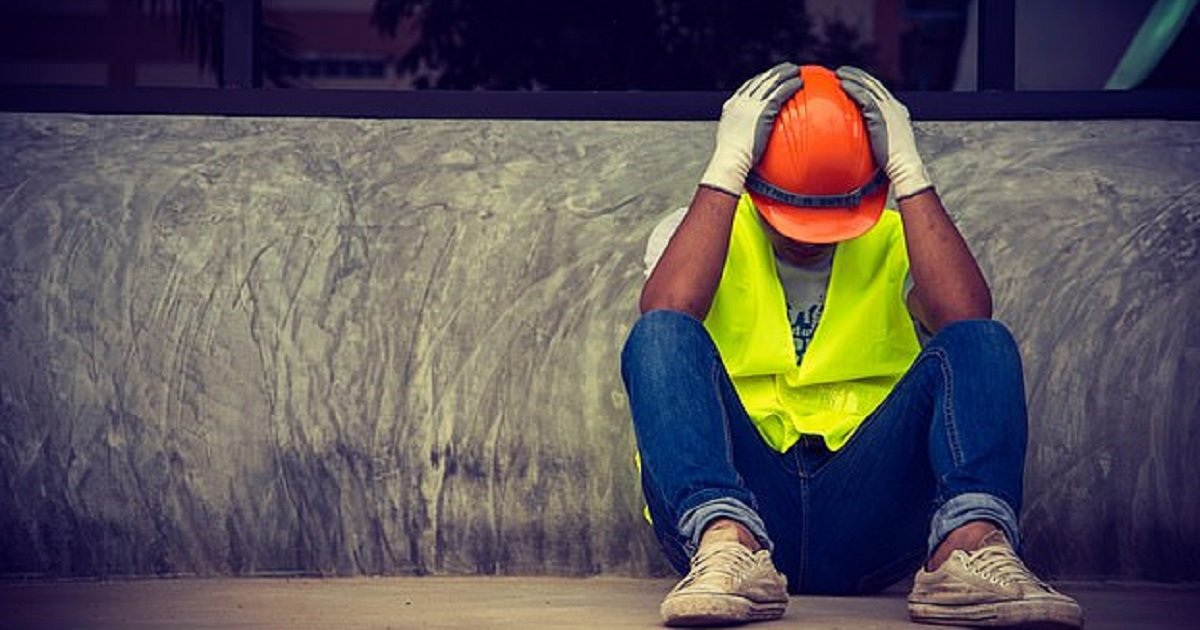We all have that one co-worker who just makes a day at the office that much longer when he or she is around.
While you can create a lot of inventive ways to avoid that co-worker, it becomes so much more difficult when that person also happens to be your boss.
In the case of David Hingst, from Melbourne, he felt aggrieved enough to sue his employer, Construction Engineering, last year after he alleged that his boss repeatedly farted and “thrusted his bum” at him.
The 56-year-old’s $1.8 million suit claimed that his boss was bullying him but a Supreme Court judge did not find any evidence of such action.
So Hingst has now appealed his case, showing up at the Court of Appeals on Monday, saying that “flatulence was a form of bullying” and that his ex-colleague and boss Greg Short was a serial farter.
He told AAP after the hearing, “I would be sitting with my face to the wall and he would come into the room, which was small and had no windows.
“He would fart behind me and walk away. He would do this five or six times a day.”
Hingst is a structural engineer who previously trained and lived in Germany for 20 years. He recalled that Short, who was his manager at the time, also abused him over the phone and would even taunt him with gestures at times.
“He thrusted his bum at me while he’s at work,” Hingst claimed in front of the panel of judges.
However, the appeal judges also heard Hingst call his former boss “Mr. Stinky” on occasion.
“And you sprayed deodorant at him,” Justice Phillip Priest said.
Justice Priest also said that farts were not the main issue in Hingst’s original claim and had instead focused more on the “abusive” phone calls.
But the engineer claimed that the flatulence had caused him “severe stress” and should still be taken into account.
He added that there was also a conspiracy to get rid of him and that Short’s behavior was part of that plot. He also said that his tenure at Construction Engineering had caused him psychiatric injuries.
Hingst has represented himself from the start and is seeking leave to appeal based on several grounds.
For one, he says he didn’t get a fair trial the first time as he was put under pressure from Supreme Court Justice Rita Zammit when questioning witnesses and felt that the judge had a bias against him.
But Justice Priest countered that the trial judged seemed to display “remarkable latitude” towards Hingst during the 18-day proceeding.
“The very distinct impression I get is you were given every opportunity to put your case,” he said.
The Court of Appeal judges will come out with their ruling on the appeal soon.
Recommended Video!
“Gas Station Worker Saves Kidnapped Woman”




